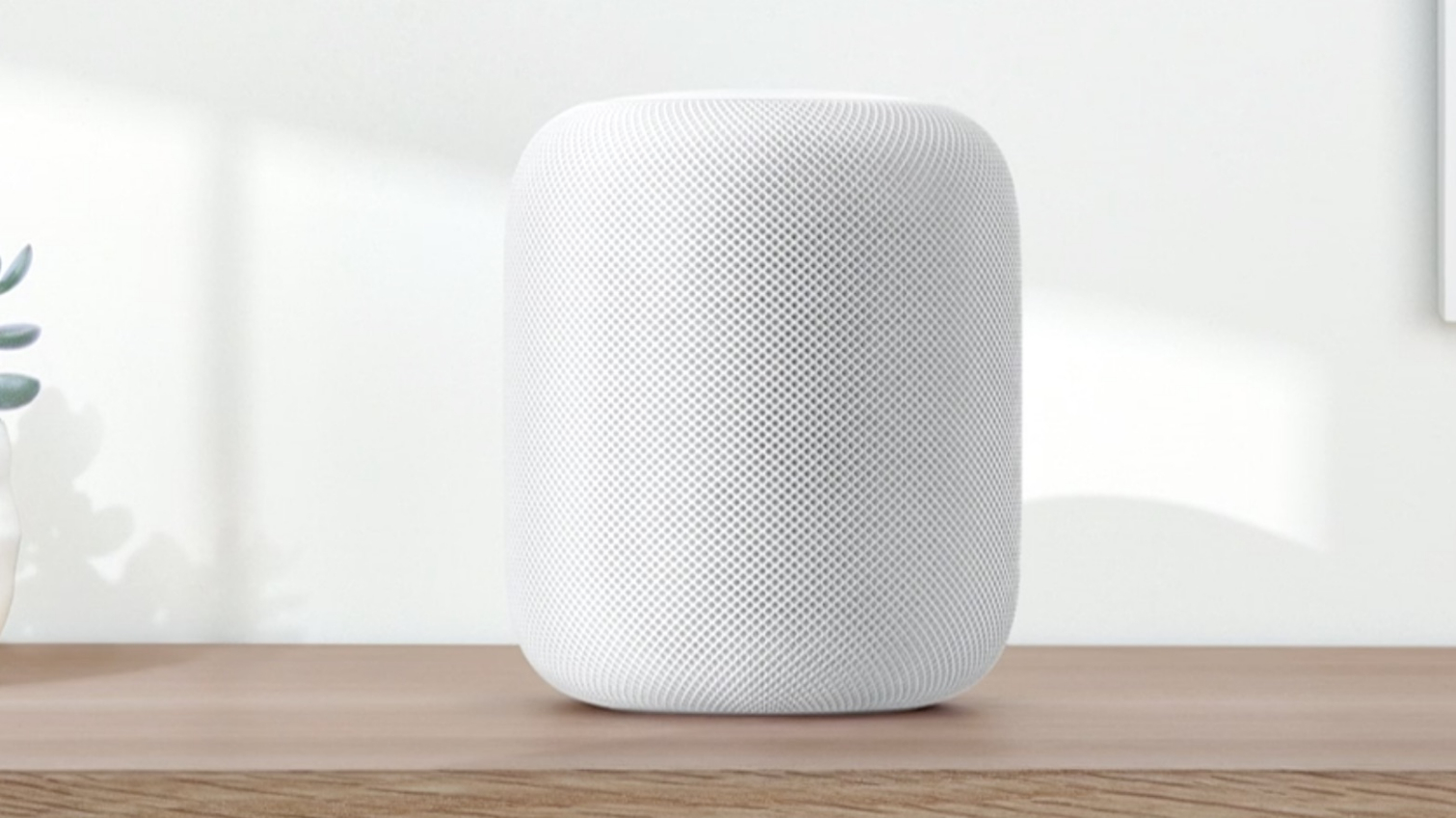Early Apple HomePod Numbers Don’t Look Good
Apple is still far behind Amazon and Google in the smart home market.
Apple is off to a slow start in the smart speaker wars, according to newly released data from research firm Strategy Analytics.

During the first quarter of the year, Apple shipped 600,000 HomePod units, earning the company 6 percent market share, according to Strategy Analytics. To be fair, this was based on just two months of availability and not the full quarter. Apple's showing was enough to put the company in fourth place ahead of Xiaomi, which shipped 200,000 units and captured 2.4 percent share.
Amazon remains the smart speaker market leader with 4 million Echo shipments during the period. The retail giant secured 43.6 percent market share that, while down from a whopping 81.8 percent of the market last year, easily topped the space. Better yet for Amazon, year-over-year smart speaker shipments jumped a whopping 102 percent.
MORE: HomePod Review Roundup: What Critics Love (and Hate)
Google was able to nab the second place last quarter on 2.4 million Google Home shipments. Those shipments were up a staggering 709 percent compared to the prior year. Google's strong performance earned the company 26.5 percent of the market — a figure that easily topped the 12.4 percent market share Google had in the prior year.
Interestingly, China-based e-commerce giant Alibaba was able to capture the third spot in the first quarter and landed between Google and Apple with 700,000 unit shipments. Alibaba, which didn't sell any smart speakers in the first quarter of 2017, was able to capture 7.6 percent market share.
Overall, the smart speaker market had a strong first quarter with 9.2 million units sold worldwide during the period. That was up 278 percent from the 2.4 million smart speakers customers bought during the first quarter of 2017.
Get instant access to breaking news, the hottest reviews, great deals and helpful tips.
Looking ahead, Strategy Analytics didn't say whether Apple could stage a stronger performance against Amazon or Google. The researcher did, however, say that Amazon and Google clearly have control over the market and it expects China and Chinese companies like Alibaba to play a bigger role in the space going forward.
But if anything is clear, smart speakers are in vogue.
"We are clearly heading towards to a time in the not too distant future when voice becomes a standard mode of technology interaction alongside established approaches like keyboard, mouse and touchscreen," Strategy Analytics vice president David Mercer said in a statement.
Don Reisinger is CEO and founder of D2 Tech Agency. A communications strategist, consultant, and copywriter, Don has also written for many leading technology and business publications including CNET, Fortune Magazine, The New York Times, Forbes, Computerworld, Digital Trends, TechCrunch and Slashgear. He has also written for Tom's Guide for many years, contributing hundreds of articles on everything from phones to games to streaming and smart home.
-
Harvey_14 Strategy Analytics reported that Apple shipped an estimated 600,000 HomePod smart speakers in the first quarter of 2018. That accounts for about 6% of the market for smart speakers.Reply
That is very impressive considering that this was the HomePod's very first sales quarter, and that the HomePod was only available for less than 2 of the 3 months in that quarter (HomePod was released on February 9, 2018), and that sales have been limited to only 3 countries (UK, USA & Australia) which make up only about 10% of the possible worldwide market.
Despite the limitations of sales only during ? of the first quarter, and availability in only 3 countries, sales of the HomePod in its first quarter actually outperformed sales of the first iPhone in its first quarter:
First quarter iPhone sales in 2007: 1.2 million units, which was only 0.3% of the total mobile phone market
First quarter HomePod sales was: 600,000 units, which was 6% of the total smart speaker market (a much smaller market than the mobile phone market)
In other words, the first quarter HomePod sales beat the first quarter iPhone sales by a factor of about 18x... There is one word that describes the HomePod first quarter sales performance: IMPRESSIVE. -
Steffen Jobbs Not impressive enough sales... So ridiculous. Apple isn't selling $50 Echo Dots like Amazon is. If those HomePod numbers are correct that's a fair amount of $350 smart speakers being sold. I don't know why I'm wasting my time replying. Most critics are saying the HomePod is too expensive, so it's somewhat impressive Apple is selling as many as they are (if those numbers are accurate). What would be considered an impressive number? 1 million? 2 million? No, I'm sure even those numbers aren't impressive enough for critics. The HomePod missed the Christmas holidays and the HomePod isn't even available yet in a lot of countries. Oh, well... As usual, an Apple product doesn't meet someone's sales expectations in such a short time period.Reply -
jakimo Interesting. I *love* our HomePod and use it daily. Sounds great, and it'll get better in software in time. I put away our Alexa and haven't missed a beat.Reply
I do look forward to June's announcements, especially Siri improvements. -
techconc Given that none of the OEMs are publishing how many units the ship and that they are often lumped into some "other" category along with other devices and services, it would be interesting to see how Strategy Analytics comes up with their guestimates.Reply
 Club Benefits
Club Benefits





